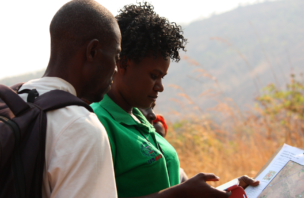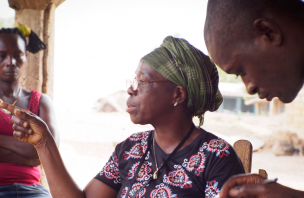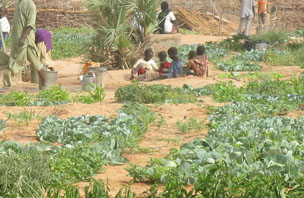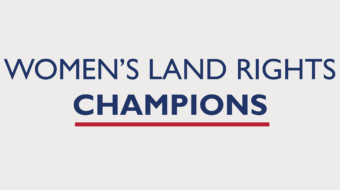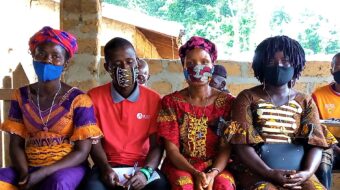The USAID Liberia Land Management Activity (LMA) advances effective and inclusive management of communal land through land tenure processes and promotes the formalization of land rights in Liberia, with special consideration for customary land rights and the rights of women, youth, and marginalized groups.
Background:
Land tenure has been an issue throughout the history of Liberia, and today many indigenous communities do not have legal ownership of their lands. The LMA aims to support Liberian communities through the process to obtain deeds to their customary land per the 2018 Land Rights Act (LRA) and to support the improved use of customary land for sustainable, equitable economic benefit. The LMA is committed to helping communities govern the use of their own land through locally elected Community Land Development and Management Committees (CLDMCs). By focusing on CLDMC development, USAID is investing in the Government of Liberia’s (GoL) vision of local governance while giving communities tools to serve their own interests. LMA builds on past USAID investments to assist Liberian communities to achieve effective and inclusive governance of their land and resources.
Objectives:
- Communities obtain deeds to their customary land;
- Communities plan and manage customary land for productive use;
- Women, youth and other marginalized populations participate in and benefit from customary land management; and
- Communities utilize alternate dispute resolution (ADR) to resolve land disputes and grievances.
Activities:
The LMA supports communities across three counties of Liberia to navigate the community land rights formalization (CLRF) process to secure deeds and to operate effective land and resource governance systems. The project also strengthens the skills of local governance structures, CLDMCs, to manage communal land, negotiate agreements to enhance land productivity, generate reliable streams of revenue and other benefits, contribute to social equity in the community, and protect the environment. The LMA offers extensive training and awareness raising on women’s land rights, as enshrined in the 2018 LRA, and builds leadership capacities of women and youth to hold positions of power or decision-making. Finally, the LMA strengthens the capacity of CLDMCs, government, and other ADR institutions to mediate and conciliate land-related disputes that arise during the CLRF and participatory land use planning processes and beyond; supports effective channels for resolving disputes; and mobilizes civil society organizations (CSOs) to advance ADR policy and legal reforms.





